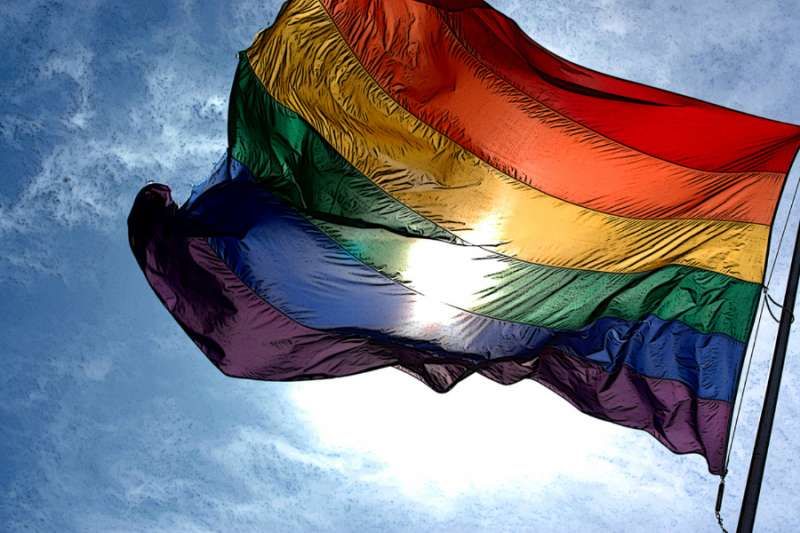The Catholic bishops of Texas voiced strong support Tuesday for a Catholic organization being sued by a lesbian couple in Texas.
The couple, Fatma Marouf and Bryn Esplin, filed a complaint this week in district court in Washington against Catholic Charities of Fort Worth after being denied a request to adopt refugee children.
The couple believes they are being discriminated against on the grounds of their sexual orientation, and told the Washington Post that they hope their lawsuit results either in a policy change at Catholic Charities or in a loss of the organization’s taxpayer funding.
In a joint statement Tuesday, the Catholic bishops of Texas voiced their support for Catholic Charities of Fort Worth, which they said is in compliance both with Catholic teaching and “with all federal regulations associated with funding from the Department of Homeland Security (DHS) through its Office of Refugee Resettlement (ORR) is carrying out the federal government's Unaccompanied Refugee Minors (URM) and the Unaccompanied Alien Child (UC) programs.”
“Catholic Charities of Fort Worth's International Foster Care program is an outreach that is faithful to the Church's mission to care for the poor and vulnerable,” Bishop Michael Olson of the diocese of Fort Worth said in a statement. “This mission is entrusted to the Church by Christ.”
“Finding foster parents — and other resources — for refugee children is difficult work,” Bishop Olson added. “Catholic Charities are often the lead agent in this work. It would be tragic if Catholic Charities were not able to provide this help, in accordance with the Gospel values and family, assistance that is so essential to these children who are vulnerable to being mistreated as meaningless in society.”
According to Church teaching, the ideal and normative family situation is a married mother and father and their children.
In 2014, Pope Francis emphasized that “(c)hildren have a right to grow up in a family with a father and a mother capable of creating a suitable environment for the child's development and emotional maturity.”
In compliance with Church teaching, Catholic Charities places children in families in which the child can experience the presence of a married mother and father.
Marouf and Esplin learned about Catholic Charities after Marouf, who directs Texas A&M’s Immigrant Rights Clinic, was invited to visit Catholic Charities of Fort Worth and learn more about their refugee programs.
Marouf said she felt “shock, disappointment, anger” after being denied the adoption, and the couple told the Washington Post they did not know of other agencies through which they could adopt refugee children.
In the bishops’ statement, Jennifer Allmon, executive director of the Texas Catholic Conference of Bishops, noted that “all couples seeking to foster in Texas can easily find a regional agency to serve them. By contacting Wendy Bagwell at 512-438-2133, or visiting https://www.dfps.state.tx.us/adoption_and_foster_care/adoption_partners/private.asp, all couples in Texas have the opportunity to serve and through the protections of HB 3859, faith based providers are welcome to serve as well.”
This case is not the first time that Catholic Charities has come under fire for reserving adoptions to a mother and a father. In 2006, Catholic Charities of Boston was forced to shut down its adoption services because of a state law barring “sexual orientation discrimination.” That same year, Catholic Charities of San Francisco was forced to close for similar reasons.
In 2010, after a law redefining marriage, the Washington, D.C. branch of Catholic Charities was forced to close its foster care and adoption services for holding the belief that children should be placed with a married mother and father.
In 2011, Catholic Charities affiliates in Illinois were forced to close after a new requirement stipulated that state money could only go to adoption services that offered those services to same-sex couples.
“In the name of tolerance, we're not being tolerated,” Bishop Thomas J. Paprocki of the Diocese of Springfield, Illinois, said at the time.
On their website, the United States Conference of Catholic Bishops says that Catholic adoption agencies should be allowed to operate according to Church teaching as a matter of religious freedom.
“Religious liberty is more than freedom of worship; it includes our ability to make our contribution to the common good of all Americans without having to compromise our faith,” the bishops noted.
“Without religious liberty properly understood, all Americans suffer, including the neediest children seeking adoptive and foster families, as well as birth parents who wish to turn to faith-based providers in order to place their children with adoptive parents.”
Interested in more? Subscribe to Angelus News to get daily articles sent to your inbox.

